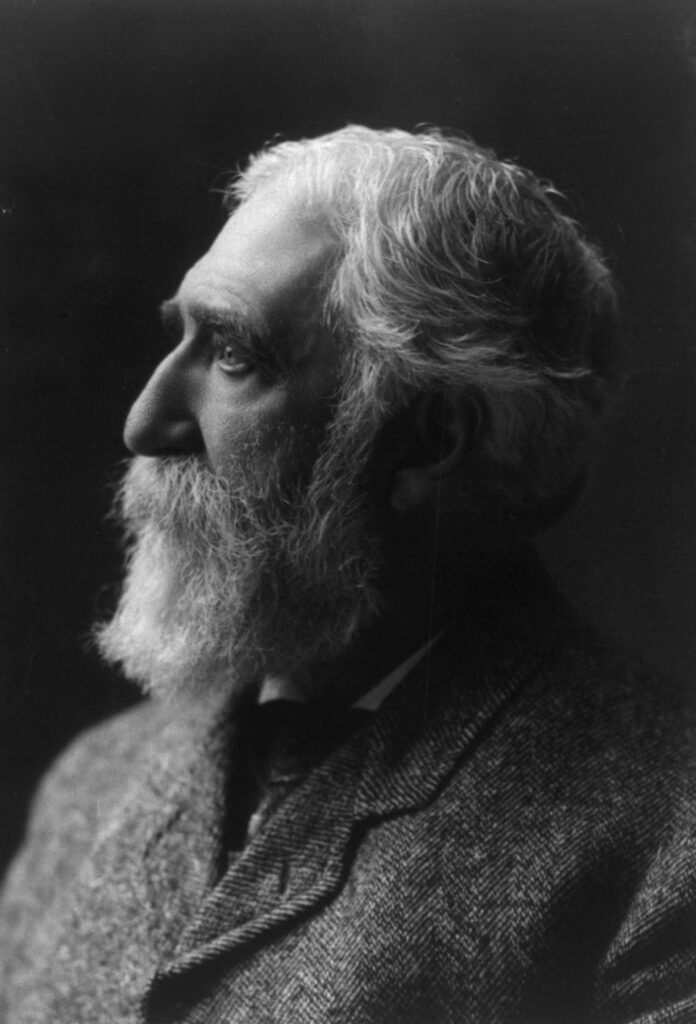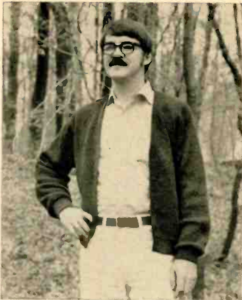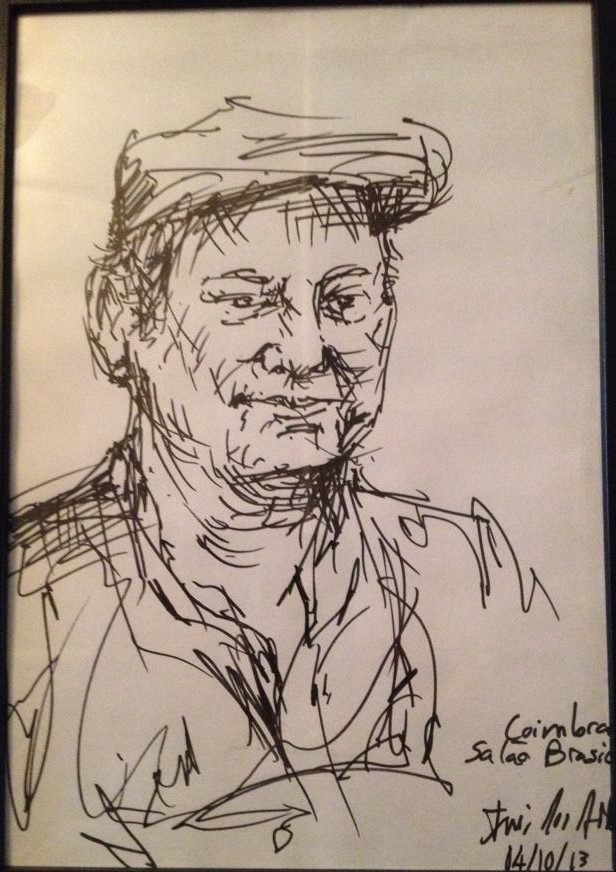
Summary
Charles Dudley Warner dismantles a common adage and concomitant superstition. Women are liberated to whistle.


This was a great find on the many facets of whistling. T.F. Thiselton-Dyer was a folklorist and in this paper, he talks about many things related to whistling: mythology, superstition, folklore, drinking cups, whistling competitions, drinking contests, whistling oysters and much more.

The previous episode on Peter F. Ostwald’s paper was just a little taste. Now we get into his real specialty: psychology. Ostwald explores the methods of whistling, what the whistler experiences, what the listener experiences, some forms of abnormal psychology and much more.

We continue our exploration of whistling in history, specifically in Greek and Roman literature.

This is THE source for answering the question, “Did Greeks and Romans whistle tunes?” A.V. van Stekelenburg takes us through different kinds of whistling and presents evidence for the existence or non-existence of musical whistling, catcalls, the wolf-whistle, semaphoric or signal whistling, etc.

Let’s start with a simple history of whistling and of related topics in the study of the art of whistling. This is a paper written by the psychiatrist Peter F. Ostwald. There are few writers who tackle the subject of whistling and this paper is one of the few.

I want to share with you my interest in whistling as an art and as an avocation through history. I am learning as I go along and I want to share that journey with you as I learn about whistling in literature, in recorded music and in many other areas. It doesn’t matter if you can whistle or not. Maybe it’s time to learn.